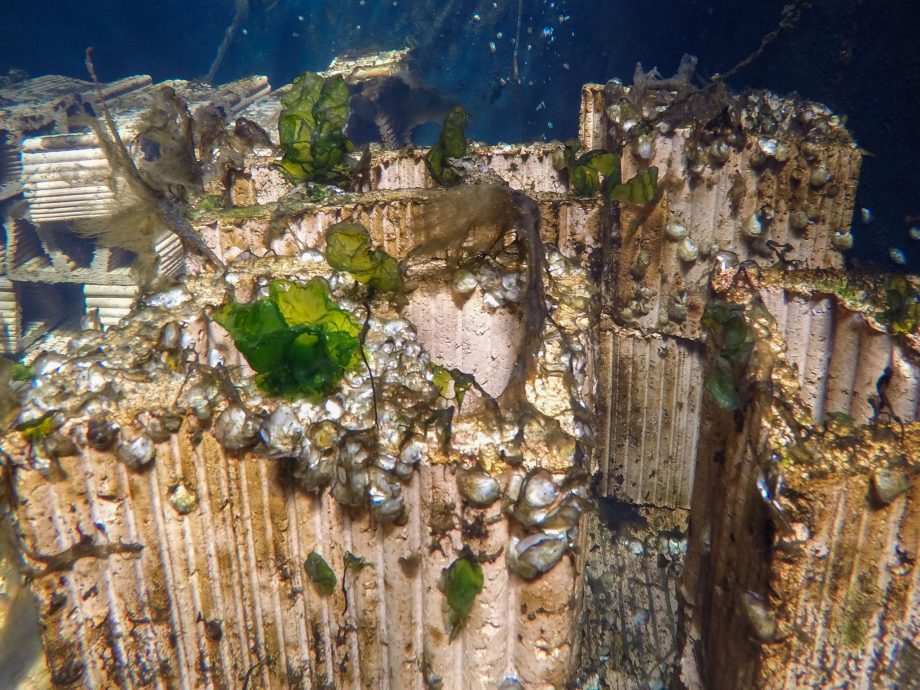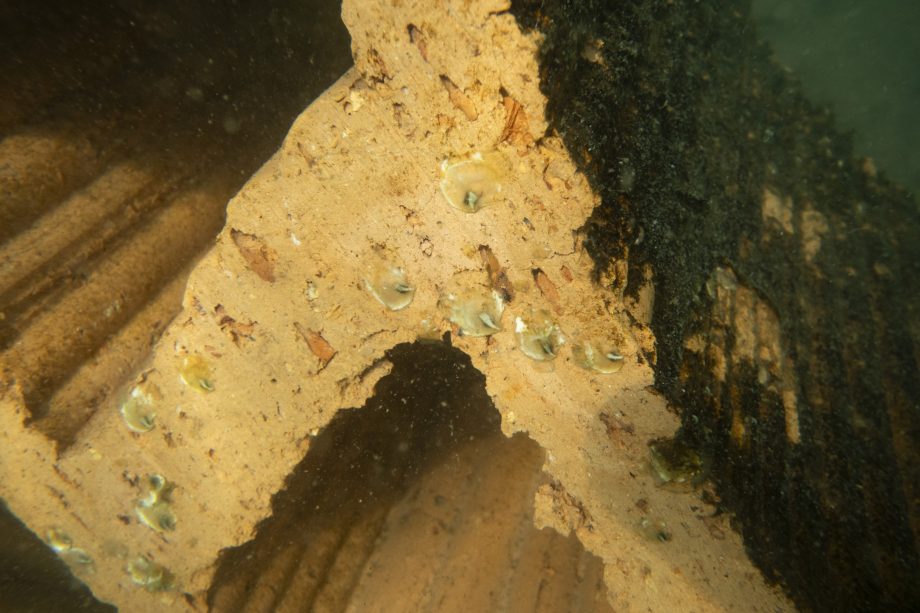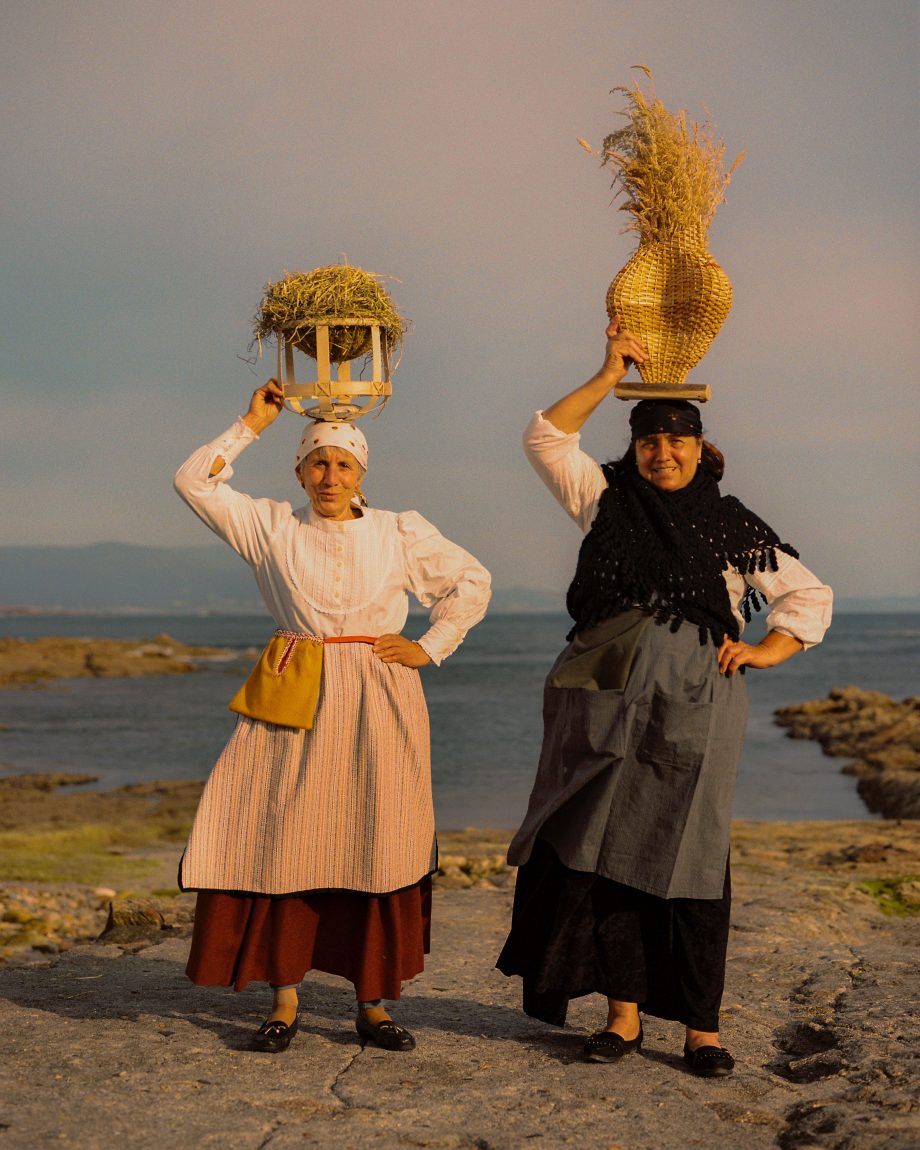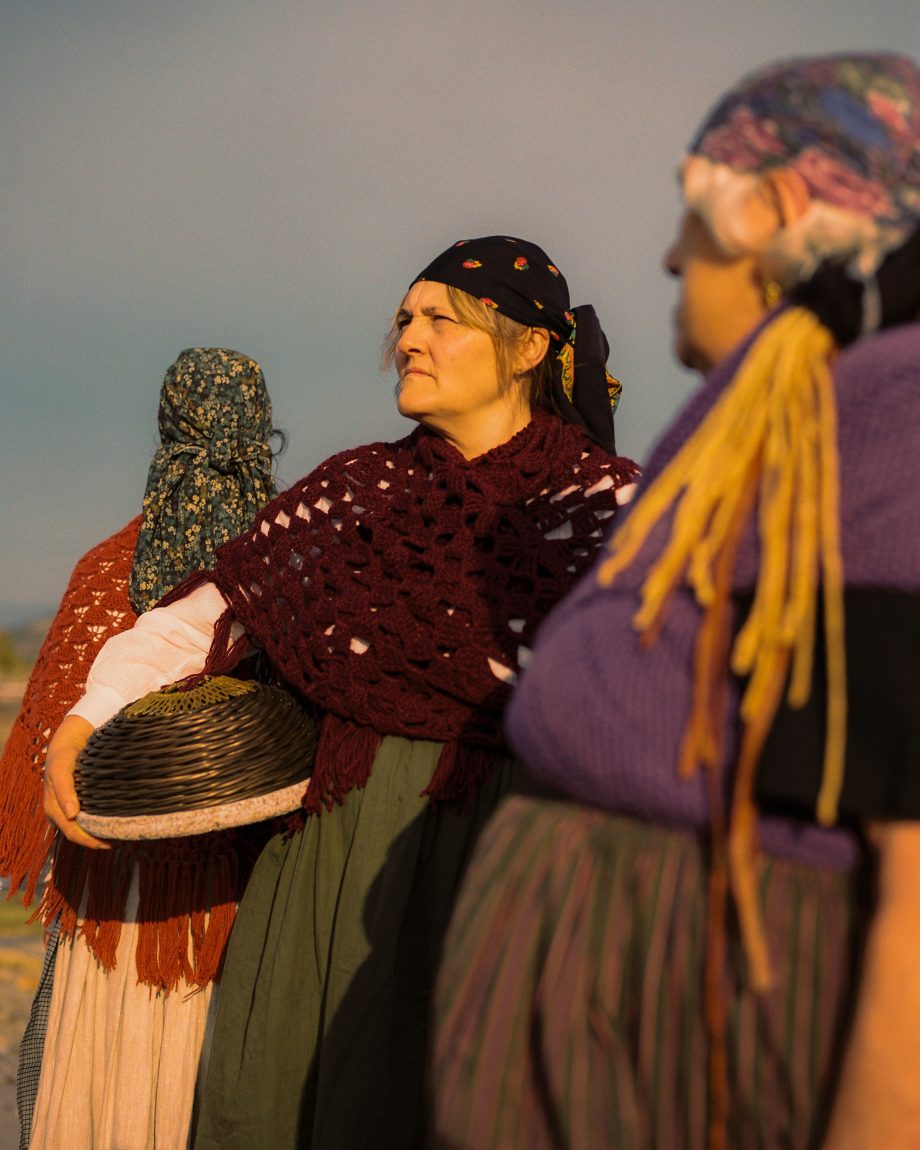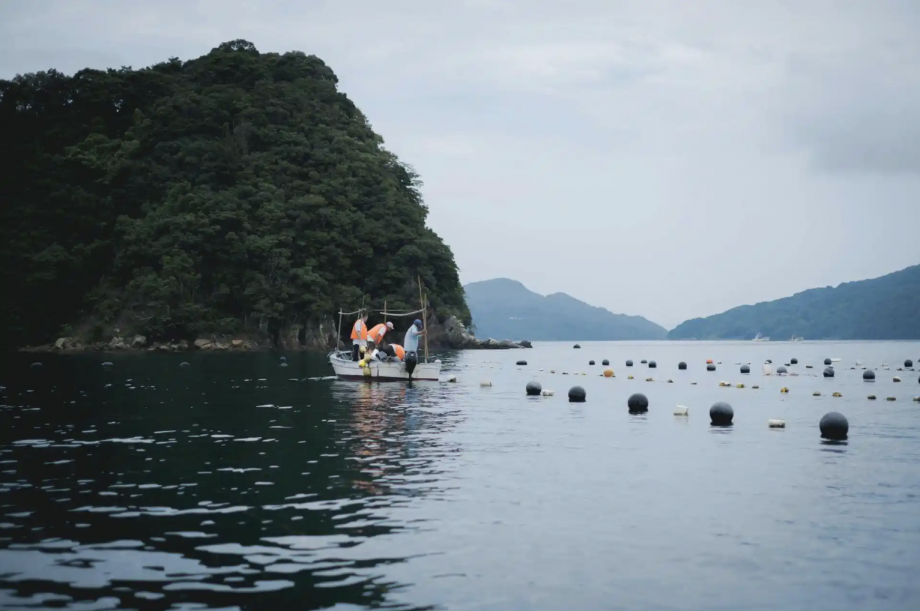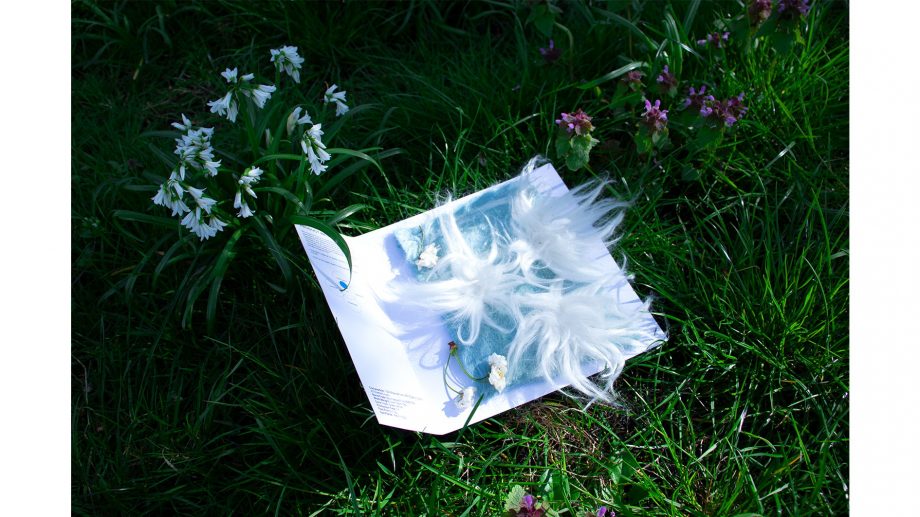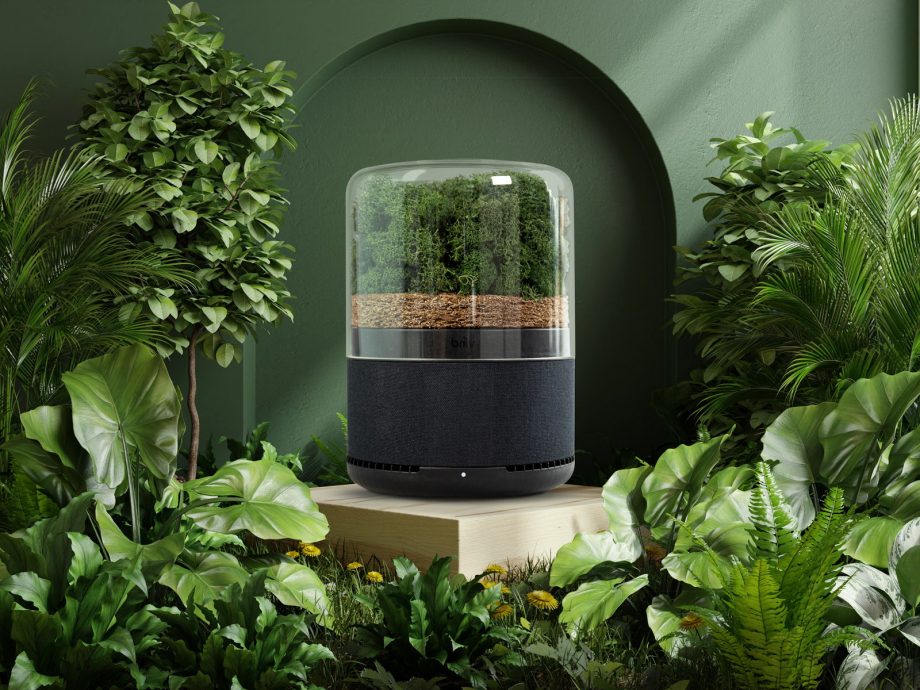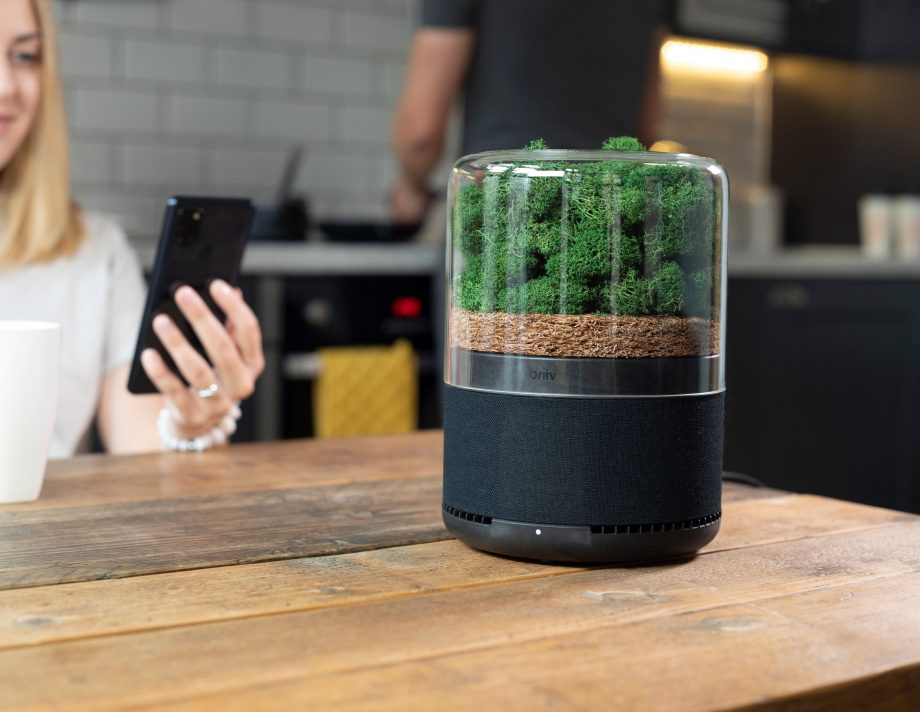Hands-on
- #Finished
- #Entrance Free
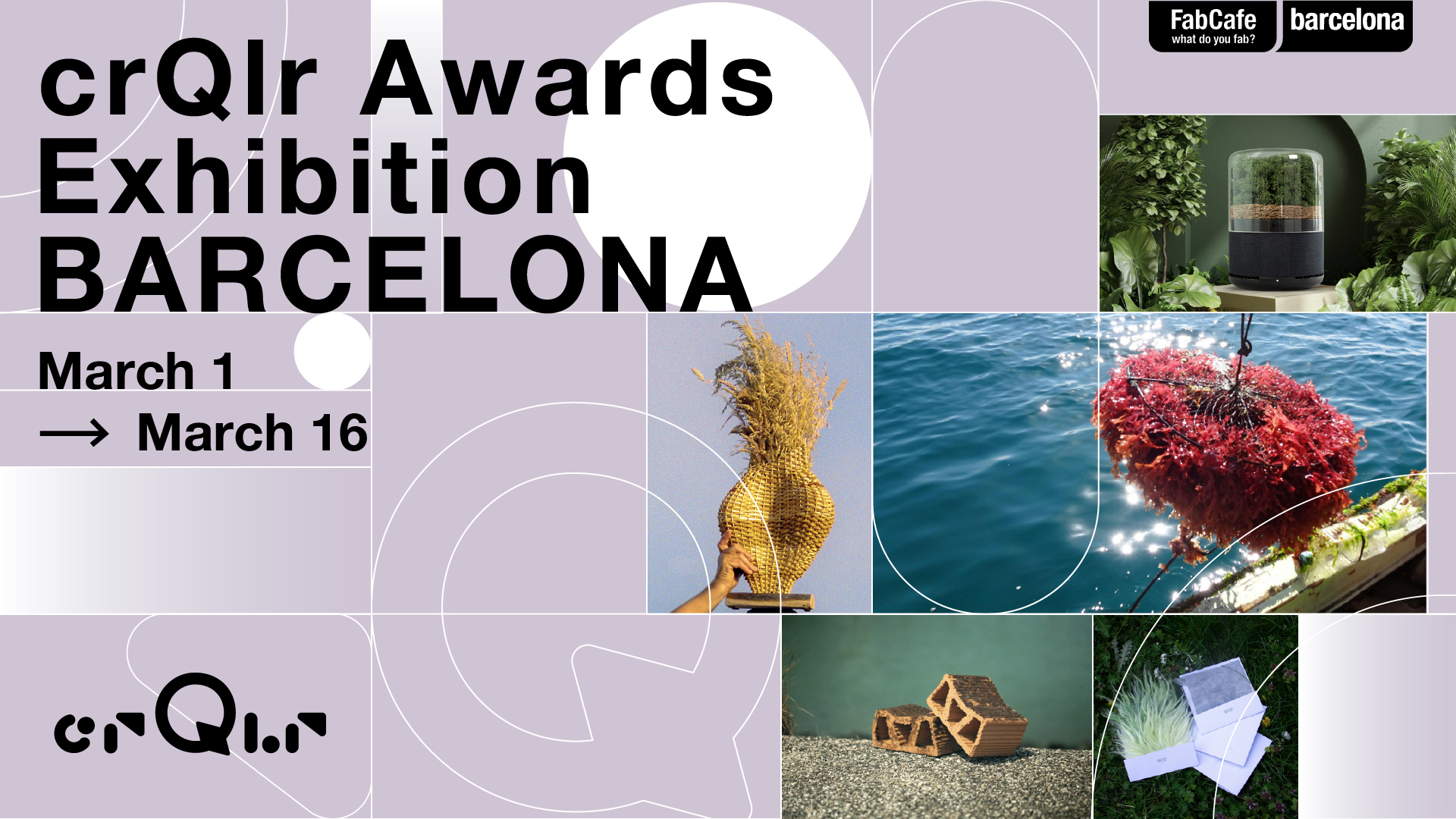
Join us at FabCafe Barcelona from March 1 - March 16 for the crQlr ("circular") Awards Exhibition BARCELONA where we will be exploring the theme, "New Relationship Design" with the local Barcelona creative community.
Fri, March 1, 2024 – Fri, March 15, 2024 UTC+01:00
*Closed on Saturdays.
FabCafe Barcelona | View on Google Map
INTRODUCTION
The New Relationship Design theme challenges the conventional industrial paradigms, inviting us to reimagine the way stakeholders interact and collaborate. This theme underscores the importance of symbiotic relationships, not just among businesses, but extending to consumers, local communities, and the environment. It’s inspiring to see how this theme emphasizes the role of interconnectedness in achieving sustainable development. It is a compelling call to action for all those passionate about sustainable innovation. It’s an opportunity to contribute to a future where economic growth and environmental stewardship go hand in hand, fostering a world that thrives on collaboration, regeneration of both the natural world and communities and mutual respect.
– David Tena Vicente, FabCafe Barcelona CEO
Featured crQlr Awards Winners
① Mother Reef by Oyster Heaven

Globally, 85% of oyster reefs in nature are gone. Oyster reefs are one of the most imperiled marine habitats in the world, and essential keystone species for the marine ecosystem.
Oyster restoration is urgently needed. Restoration efforts have been done across the globe in the past decades. However, the scale of such projects is often very limited due to the lack of resources and a scalable substrate for oysters to settle on.
The Mother Reef is a new natural and biodegradable artificial reef substrate designed to unlock scale in oyster reef regeneration. The design is innovative, not just because of the new form, but because of its functional and logistical characteristics. It’s made of clay and can be produced cheaply from brick factories, moved in globally standard units and deployed by generic fishing vessels in any logistical systems anywhere in the world, allowing us to reach the scalability that oyster restoration efforts require today.
More information: https://oysterheaven.org/
② Co-Obradoiro Galego by Paula Camiña Eiras

Co-Obradoiro Galego is a collaborative project between three basketmakers and a biodesigner looking at biotechniques to help regenerate and revive our Galician craft heritage.
The Atlantic Ocean has supplied the Galician and Spanish populations throughout history resulting in 602 tonnes of seafood exoskeletons being wasted every year. Therefore, the objective of our project is to develop a flexible and biodegradable biomaterial from a biopolymer found in the seafood exoskeletons, chitosan.
With this biodegradable material, we re-connect again the seafood and basketry industry, send a message about the permanence of these precious Galician basketry techniques, Galician basketry weavers through a material that disappears but reactivates the Galician economy.
More information: https://awrd.com/en/creatives/detail/11708130
③ Sea vegetable Circulation by Sea Vegetable Company

Did you know there are more than 1,500 kinds of seaweeds in Japan, but only a few dozen of them are readily available to be eaten? Our company, Sea Vegetable, researches seaweed, which has been decreasing due to coastal burning. We aim to bring renewed interest to seaweed through environmentally friendly land-based and sea-based cultivation methods while proposing new ways of eating seaweed. Although plants traditionally cultivated on land have been thoroughly studied, with many cultivation techniques and cooking methods well-established, the world of seaweed is still in its infancy. We seek to preserve the seaweed-eating culture passed down from our ancestors while simultaneously creating a new culture around how we eat seaweed. Through our business, we strive for a brighter future for both the sea and people.
More information: https://crqlr.com/crqlr-awards/2023/winners/sea-vegetable-circulation/
④ Bio-invasive Textile Library by Xue Chen


The Bio-Invasive Textile Library is a win-win solution for both ecology and fashion worlds, realized entirely using invasive plants and fashion technology innovations. Its project uses LISI (London’s) invasive plants as raw materials for fibers and dyes to physically prevent the loss of biodiversity in the region and the inhumane treatment of animals.
Its bio-invasive furs are explored to achieve zero waste dyeing and technical production processes. By exploiting the textiles wasted during dyeing and technology development, further develop related ancillary bio-invasive materials. In the technical part, new textiles are created by innovating diverse technologies such as “implanting”, “felting” and “spinning”, providing fashion designers with solutions in the form of “library.”
Web: https://www.chensure.net/about-2
Instagram: https://www.instagram.com/chensxue_/
⑤ Briiv Air Filter by James Whitfield and Sean Sykes
Poor and dangerous air quality is a worldwide issue. The air purification industry is rife with plastics, glass, and other unsustainable materials. We knew there was a better way to do things and set out to incorporate bioplastics and as many renewable materials as possible in our creation of Briiv. Briiv is officially the world’s most sustainable air filter, made from 90% natural materials, making it nearly entirely biodegradable, compostable, and recyclable. The unit and replacement filters also arrive in biodegradable cardboard packaging making the entire product circular in design.
More information: https://www.briiv.co.uk/
For inquiries, please contact david@fabcafe.com
-
FabCafe Barcelona
-
Date & Time
-
Fri, March 1, 2024 – Fri, March 15, 2024 *Closed on Saturdays. UTC+01:00
-
Venue
-
FabCafe Barcelona
C/ de la Victòria, 1, Ciutat Vella, 08003 Barcelona, Spain
View on Google Map -
Organizers & Sponsors
-

